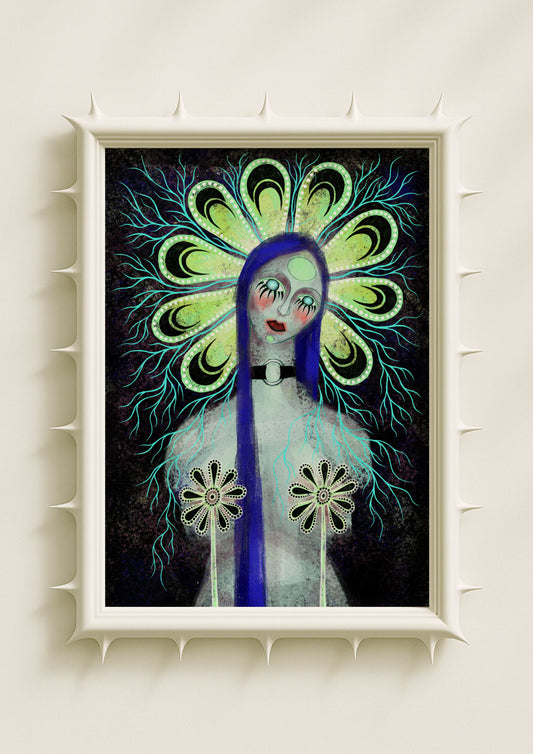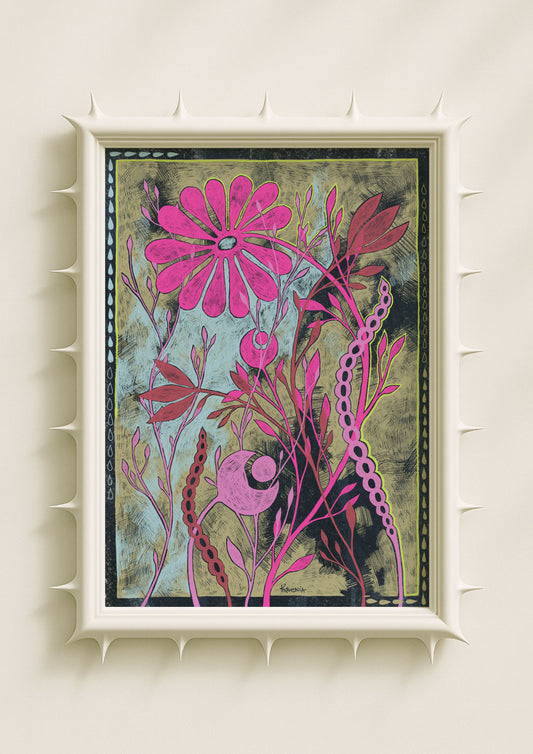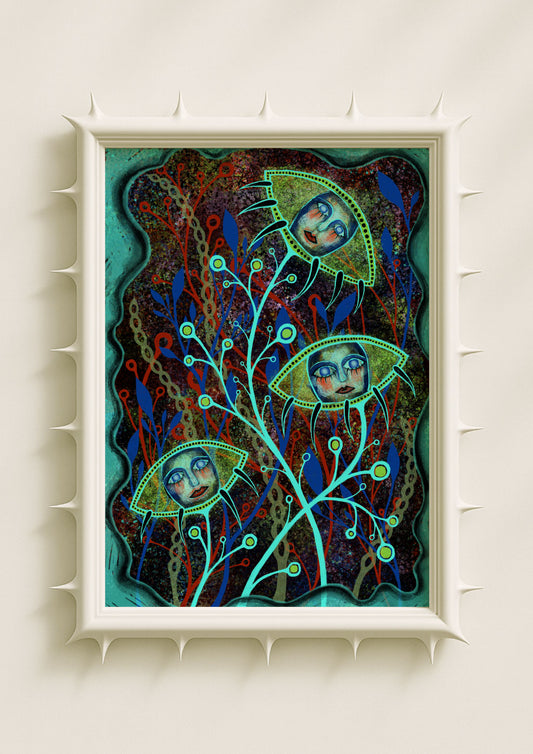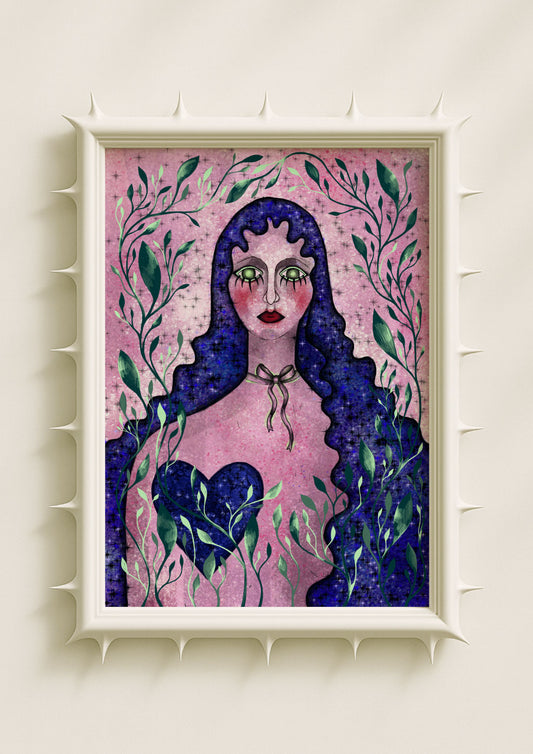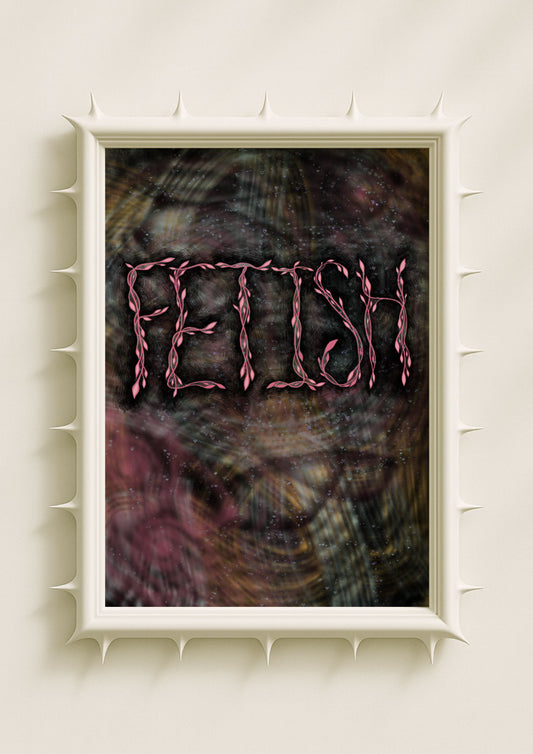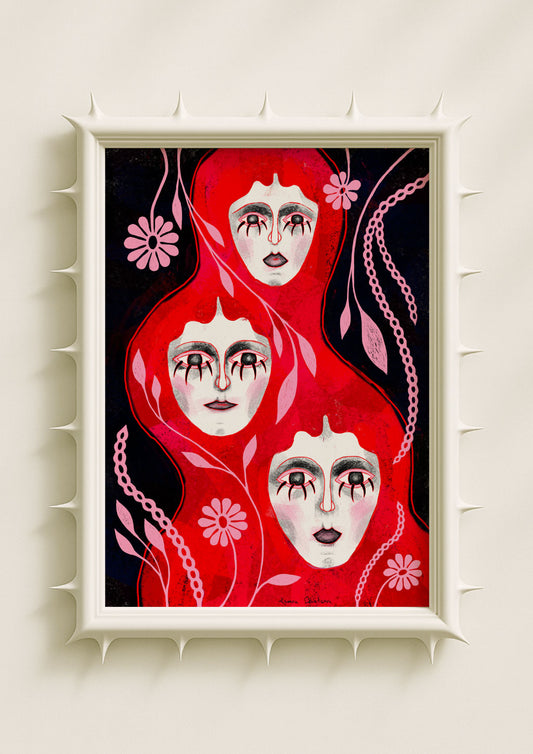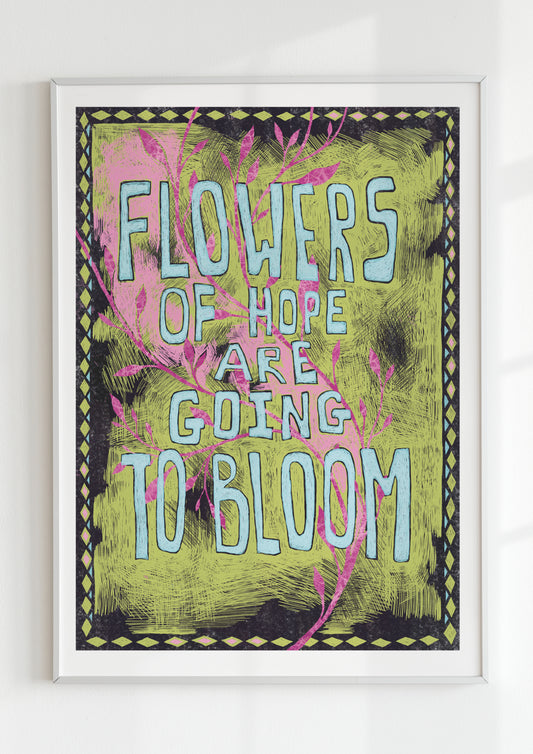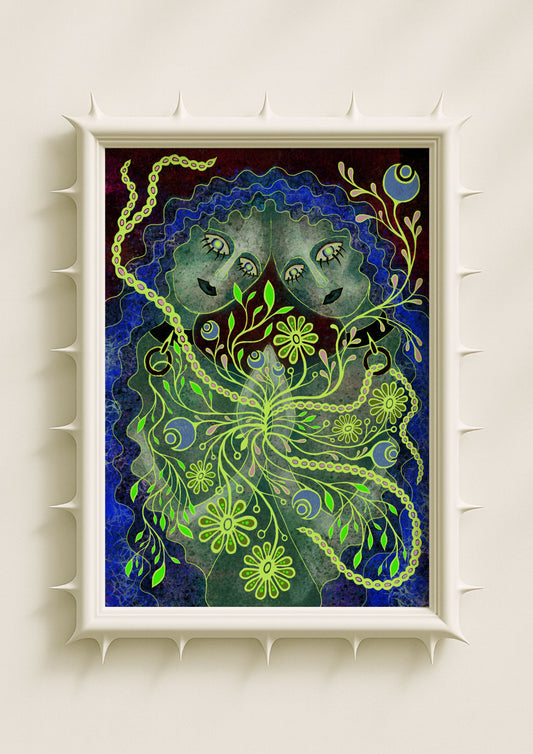Why Mythology Comes Alive Through Colour
Mythology has always been rich in symbolism — serpents, guardians, twins, flowers, cosmic cycles, thresholds. But in contemporary wall art, these motifs transform when they are expressed through vibrant, unconventional colour. Bright palettes breathe new life into archetypes, allowing them to feel emotional rather than historical. Neon greens, glowing reds, electric pinks, and saturated blues turn ancient symbols into modern emotional landscapes. Colour becomes the bridge between old stories and the inner world of today’s viewer.

Reinventing Ancient Motifs Through Vivid Palettes
Traditional mythic imagery often relied on earthy tones: golds, deep reds, natural greens. Contemporary colourful mythology breaks away from these palettes, offering reinterpretation rather than reenactment. When a serpent appears in acidic green or cosmic blue, it stops being a literal creature and becomes a symbol of psychic energy. When guardian figures glow with neon contours, they shift from folklore into emotional presence. These bright palettes do not replace myth — they reawaken it.
Symbolic Faces in Mythic Colour

Many mythological figures were never meant to be realistic portraits; they represented states of being — intuition, chaos, renewal, desire, fear, awakening. In colourful contemporary portrait art, this symbolic tradition continues. Unnatural skin tones become emotional markers:
Lavender faces for dream-state introspection
Pink-lit cheeks for inner heat or awakening
Green-tinted shadows for tension or heightened perception
These chromatic choices turn the face into a mythic symbol rather than a literal depiction. Colour becomes a new mythology in itself.
The Bright Rebirth of Botanical Symbolism
Flowers have always carried mythic meaning — rebirth, transformation, sensuality, fate. In colourful contemporary art, botanicals are no longer passive ornaments. When petals glow neon or shift into surreal hues, they take on new identities. A flower rendered in bright blue becomes a spiritual signal. A pink-red bloom near the face becomes an emotional temperature. These colours create mythic resonance even when the form is familiar. Botanicals become portals — more dream than decoration.

When Surreal Colour Turns Myth Into Emotion
Surrealism and mythology share a deep connection: both explore what is symbolic rather than literal. Colour intensifies this overlap. A mythic creature in muted tones feels static; the same creature rendered in bright, shifting hues seems alive, aware, emotionally charged. Colour adds breath, pulse, and psychological depth. It transforms myth into atmosphere — something the viewer senses before understanding.

Why Colourful Mythology Resonates With Contemporary Viewers
Modern life is emotionally complex, saturated, and fast-moving. People seek images that can hold that complexity without demanding literal interpretation. Colourful mythology does exactly this. It merges ancient symbolic structure with modern emotion, creating a language of colour that speaks to intuition. It invites viewers to read feelings rather than narratives, moods rather than chronology. Mythology, in this form, becomes personal instead of distant.
Colourful mythology in wall art reimagines the ancient.
It keeps the symbol but changes the pulse — turning old stories into bright, breathing emotional worlds.
